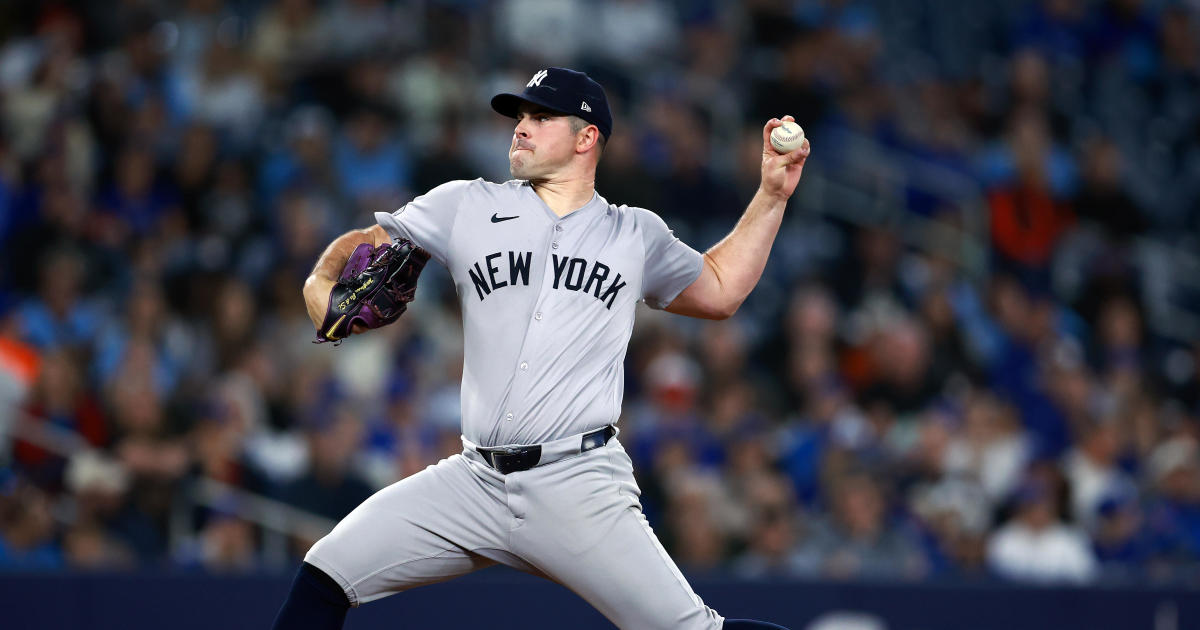Kallas Remarks: The Unusual Barry Bonds Verdict
By Steve Kallas
» More Columns
In an unusual verdict coming out of a federal courtroom in San Francisco on Wednesday, April 13, Barry Bonds was convicted of obstruction of justice but a mistrial was declared on all three perjury counts against him. While there will be much legal wrangling at a hearing before Judge Susan Illston on May 20 and there will probably be an appeal if the conviction stands after that hearing, the reality is that Barry Bonds, right now, is a convicted felon.
Obstruction of justice is kind of a catch-all crime. It is very rare for a defendant to be convicted of obstruction and not to be convicted on a perjury count in the same indictment. While reports coming out of the jury room stated that the jury had voted 11-1 to convict on Count II (the "injection" count), the reality is a mistrial was declared as to that count. Rather, the jury unanimously found that Barry Bonds' testimony was "intentionally evasive, false or misleading" as to at least one of the statements in the perjury counts or at least one of the four other statements laid out by Judge Susan Illston in the jury instructions to the jury.
SO, WHAT REALLY HAPPENED IN THE JURY ROOM?
Well, it's very hard to decipher what really happened in the jury room. But, according to reports from jurors, the vote was 11-1 to convict on Count II, which was the count where Bonds essentially stated that nobody other than his doctor had ever injected him. This was directly contrary to the testimony of Kathy Hoskins, Bonds' friend and personal shopper, who testified that she saw Greg Anderson, the personal trainer of Barry Bonds, inject Barry Bonds "in the belly-button." Enough to sway all but one juror (a 28-year-old nurse from Brentwood, California named Nyiesha, according to the New York Times), this certainly could have affected the obstruction conviction.
According to Joseph Heinzmann, a criminal defense lawyer in New York and a former Assistant District Attorney in the Bronx:
"While it is impossible to know exactly what transpired in the jury room, my belief is that there were a number of jurors who were prepared to convict Bonds on at least one of the perjury counts. As many as eleven were reported to vote guilty on the injection statement where the testimony was particularly damaging. But, as often occurs in celebrity cases, it seems that one juror was prepared to hold out for acquittal, even in the face of overwhelming evidence. That this juror voted to convict on an obstruction of justice count, in my view, demonstrates the overwhelming strength of the prosecution's proof; even a juror determined to give Bonds a break had a limit. That the remaining eleven jurors were able to convince the holdout juror to vote guilty on the obstruction count reinforces what all trial lawyers know: verdicts are made much like sausage; the result is far prettier than the process."
WHAT HAPPENS NEXT?
At the May 20 hearing, the defense will vigorously challenge the verdict as inconsistent: that is, how can you convict a man of obstruction of justice without convicting him of an underlying perjury count? They will attack the arguably absurd notion that the jury convicted on at least one of four additional statements offered by the government (separate from the three perjury count statements) that made Bonds' grand jury testimony, "intentionally evasive, false or misleading." Multiple jurors, after the verdict, stated that Bonds' grand jury testimony was evasive. For example, jury foreman Fred Jacob told The New York Times that Bonds "was entirely evasive" in his answers to the grand jury.
If the verdict is allowed to stand as is, Barry Bonds will probably appeal his conviction to the Ninth Circuit Court of Appeals in San Francisco.
As for the prosecutors, they will now determine whether or not to try Barry Bonds again on the three perjury counts. They are aware that, but for one holdout, they had a conviction on the injection count (that is, when Bonds was asked in the grand jury relating to who injected him, "But no other individuals like Mr. Anderson or any associates of his," Bonds answered "No, no."). But they are also aware that reports out of the jury room were that the jury favored acquittal on the other two perjury counts.
Maybe the prosecution will decide to go forward on just the one perjury count upon which they had an 11-1 jury vote for conviction. That trial would be relatively brief.
But it says here that, if the conviction on obstruction of justice stands, the prosecution can declare their victory (as they already have) and not waste another dime on this prosecution.
WILL BARRY BONDS DO ANY TIME?
While if he does time it will be very short, it says here that Bonds will probably get some sort of home confinement. There have been two BALCO-related convictions for perjury and/or obstruction of justice. Trevor Graham, known as the coach of both Tim Montgomery and Marion Jones, world-class sprinters, was convicted on one count of perjury and was sentenced to one year of home confinement. Cyclist Tammy Thomas was convicted of THREE counts of perjury and one count of obstruction of justice and was sentenced to six months of home confinement.
The judge at the Thomas sentencing recognized that Victor Conte, the founder of BALCO and the mastermind of the whole steroids distribution problem arising out of BALCO, was only given a four-month jail sentence for drug distribution.
The name of the judge who sentenced both Tammy Thomas and Trevor Graham?
Yeah, you guessed it. Judge Susan Illston, the Barry Bonds trial judge.
We'll see what happens down the road.
What do you make of the Bonds verdict? Let Kallas know in the comments below...



